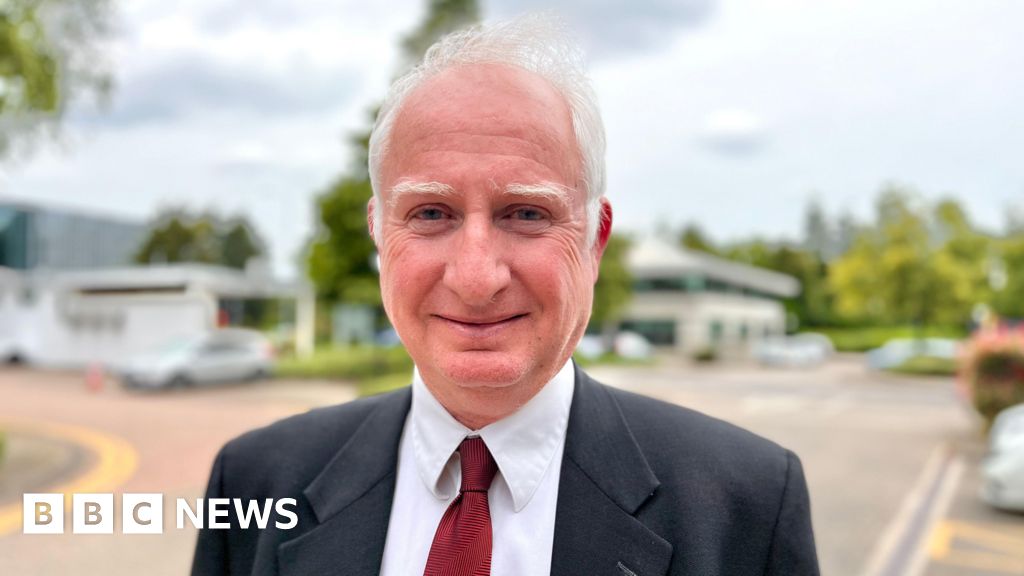ARTICLE AD BOX
Watch: I am not going anywhere - Kwasi Kwarteng
Chancellor Kwasi Kwarteng has insisted he is "not going anywhere", despite the financial turbulence following his mini-budget.
Asked if he and the PM would still be in their positions this time next month, he said: "Absolutely 100%."
Pressed on whether he was going to U-turn on major parts of his economic plan, Mr Kwarteng said: "Our position hasn't changed."
Earlier, No 10 said the PM had ruled out more U-turns on her mini-budget.
Prime Minister Liz Truss is facing growing calls from within her party to rethink part or all of her tax-cutting package to reassure financial markets.
Asked about speculation the government could U-turn on parts of its mini-budget, Mr Kwarteng, who is in Washington for an IMF meeting, said his economic plan would be delivered on 31 October "and there'll be more detail then".
The BBC's deputy political editor Vicki Young said the option most Tory MPs were discussing was changing the plans for corporation tax, because it brings in a lot of money.
Ms Truss has pledged to scrap a planned rise to the tax, which was set to increase from 19% to 25% in 2023.
On Wednesday, she said it would be "wrong" to raise corporation tax "in a time when we are trying to attract investment into our country at a time of global economic slowdown".
Asked about the possibility the plans for corporation tax could change and it could rise, Mr Kwarteng said: "What I'm totally focused on is on delivering on the mini-budget, making sure that we get growth back into our economy."
The chancellor's mini-budget on 23 September, which included £45bn of tax cuts funded by borrowing, has caused turmoil in the financial markets and prompted the Bank of England to intervene to protect pension funds.
Mr Kwarteng is due to set out how he will fund the package and reduce debt on 31 October.
The chancellor's statement will be closely watched by markets and Tory MPs as they decide whether to support Ms Truss's tax-cutting agenda.
Mr Kwarteng acknowledged there was "some turbulence" after his mini-budget but said there was "a very dicey situation globally", with inflation, potential interest rate rises and energy price spikes affecting everybody.

 2 years ago
14
2 years ago
14








 English (US)
English (US)